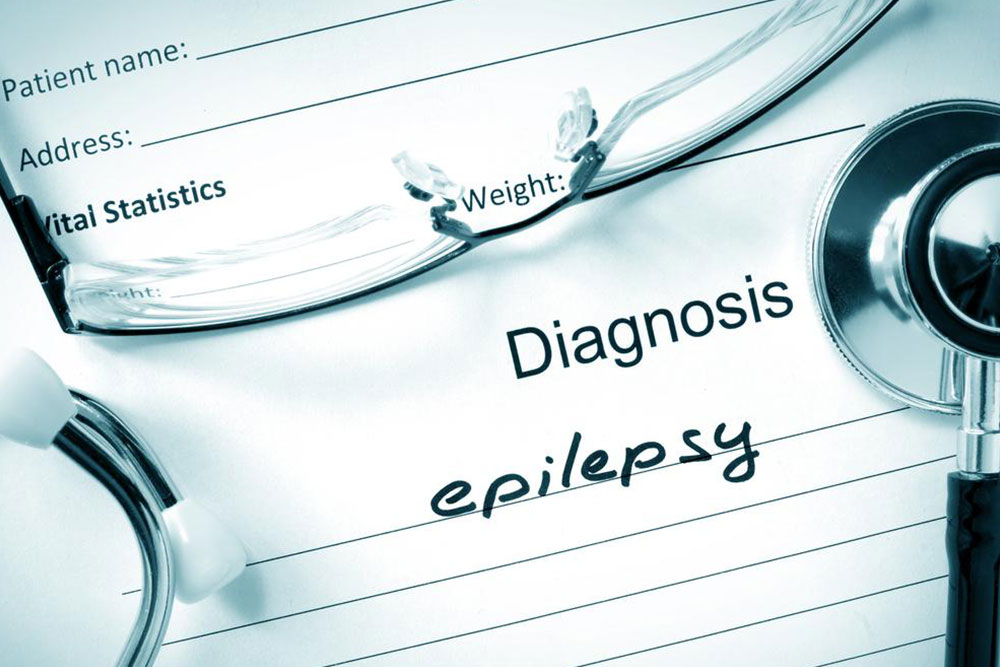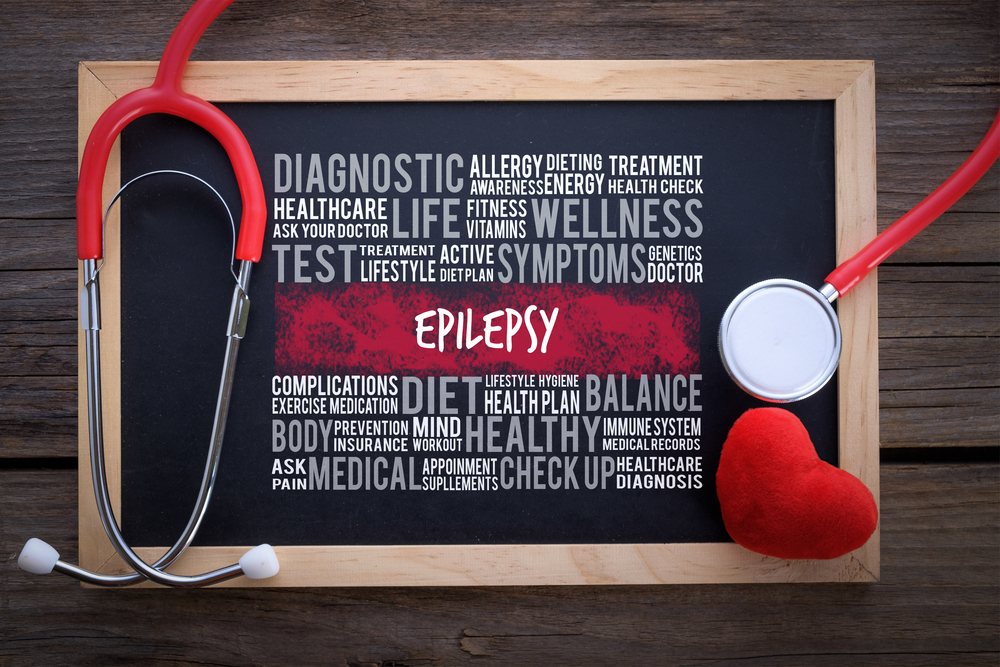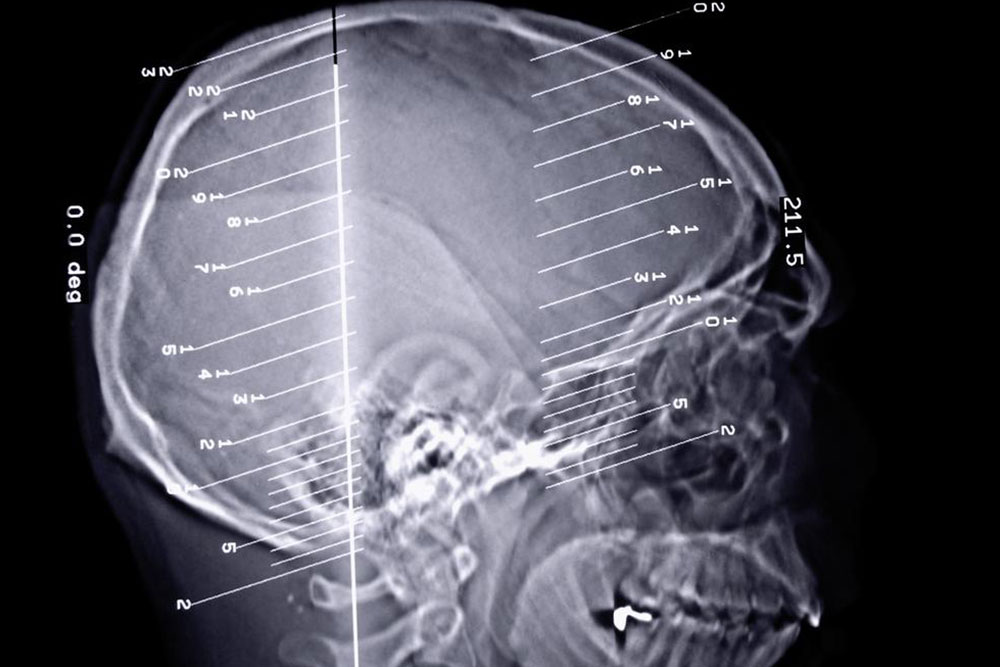Comprehensive Guide to Understanding Epilepsy
This article offers a detailed overview of epilepsy, including its causes, symptoms, diagnosis, and treatment options. It highlights the importance of early detection and medical intervention to manage seizures effectively. Suitable for individuals seeking comprehensive information on this neurological disorder, the piece emphasizes the need for prompt medical advice and ongoing management to improve quality of life.

A Complete Overview of Epilepsy
Epilepsy is a neurological condition characterized by recurrent seizures and abnormal behavior episodes. It occurs due to irregular nerve cell activity in the brain, which can sometimes cause prolonged loss of consciousness.
Seizures happen when brain neurons send incorrect signals to the body, resulting in unusual physical or behavioral responses. Symptoms vary among individuals; some may display nervousness or fidgeting, while others exhibit strange behaviors during episodes.
The exact cause of epilepsy often remains unknown, but factors such as genetics, head injuries from accidents, infections like meningitis or AIDS, and brain damage during birth can contribute. Certain conditions tend to increase the risk, especially among children and the elderly.
People with heart conditions or a family history of epilepsy are also more susceptible. Recognizing symptoms early—such as high fever, sudden dizziness, or prolonged seizures—is crucial. Parents should monitor children for unusual behaviors.
Diagnosis involves various tests, starting with blood analysis and brain activity assessments. Once diagnosed, treatment typically includes antiepileptic medications aimed at controlling seizures. While side effects are possible, proper medication can enable many individuals to lead seizure-free lives.
Important Notice:
This article provides helpful insights into epilepsy, drawing from extensive research. However, readers should not consider it a final authority. Always consult healthcare professionals for diagnosis and treatment options. We are not responsible for discrepancies or updates found elsewhere, and some schemes or offers may vary.










